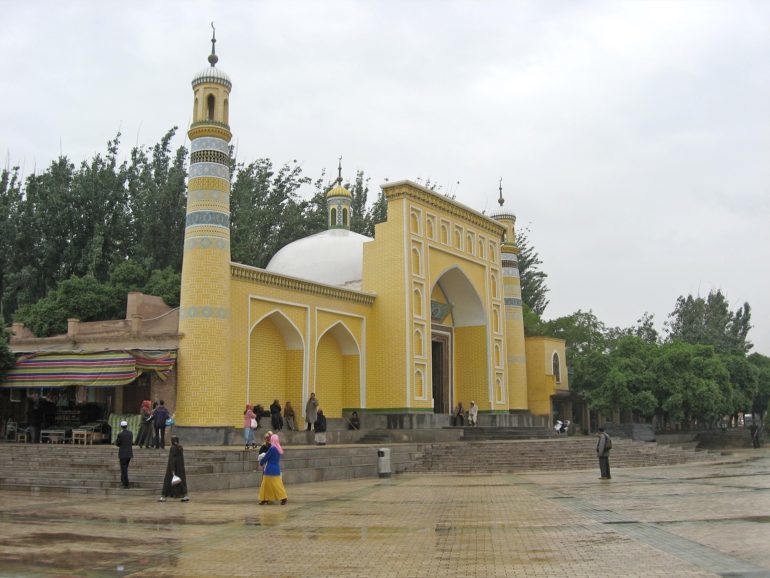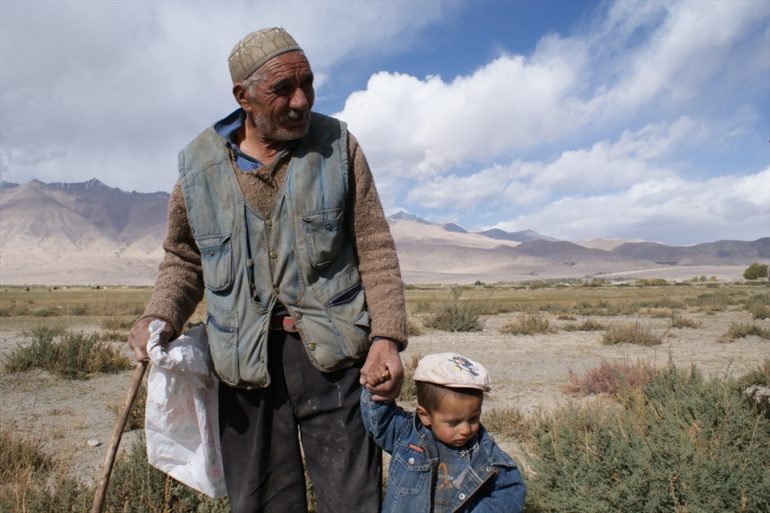
For the few thousand Muslims in China who have become Christians, life is characterised by loneliness. Cast out from their families and communities, in the rural areas where most of them live it is difficult to find other Christians, especially under China’s strict religion regulations.
Often Christians of Muslim background will get together in private homes in China, especially where there are only a few of them.
In February last year World Watch Monitor reported that Chinese authorities in the north-western region of Xinjiang had banned all Christian activities not linked to state-approved churches, apparently in an “anti-terror” move.
There are around 20 million Muslims in China, most of them belonging to the Hui and Uyghur ethnic groups, and nearly 100 million Christians, a comparatively small fraction of the country’s total population of 1.4 billion.
Among the Christians, only a few thousand are from a Muslim background and the majority of them live in remote Xinjiang province, where most Muslims are Uyghur. For them the price of choosing Christianity is particularly high.
Makin’s story
Makin and his mother were born into a Muslim family. During Eid al-Adha, one of the most important Islamic feasts, when families come together to celebrate, no relatives joined them for a festive dinner around their table. Instead some of them showed up at their door to curse and spit on them.
Most Muslims in China live in remote areas, where the family provides the social network and relationships are extremely important. Relatives help each other to build houses, to bring in the harvest and offer financial support when needed. But for those abandoned by their families, like Makin, there is no longer access to this support network.
“I woke up in the morning and found out that our village was not the place it used to be. We knew that others in our village would never come over to our house like before,” Makin explained.

What made it even more difficult was that Makin’s brother is a leader in a local mosque. When he tried to talk with him about his new-found faith, Makin said his brother’s anger “hit the roof”.
“He told everyone in the mosque that I betrayed our own people. People started being cruel to us, threw rocks at our windows, our other relatives yelled at us.
“Sometimes we do feel lonely and we wonder if we are the only ones that are facing such challenges. We look at our empty house during the festival, while our neighbours have a house full of guests, and we can hear them laugh.”
Makin acknowledges that it’s especially difficult for his mother because in their culture women usually stay at home and have less of a social life than men.
“My mother was happiest when she would chat with my aunts and other female relatives. I haven’t seen her laugh like that for a long time,” he said.